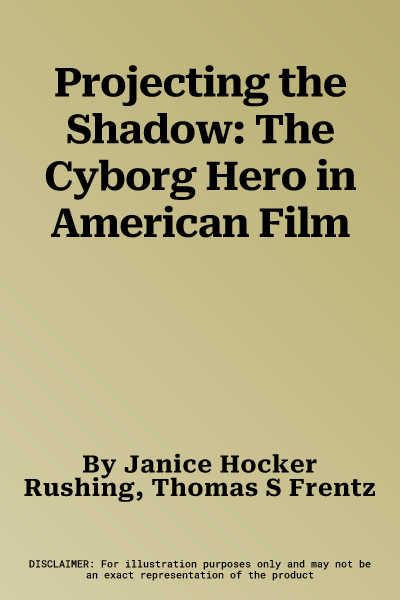Janice Hocker Rushing
(Author)Projecting the Shadow: The Cyborg Hero in American FilmHardcover, 1 December 1995

Qty
1
Turbo
Ships in 2 - 3 days
In Stock
Free Delivery
Cash on Delivery
15 Days
Free Returns
Secure Checkout

Part of Series
New Practices of Inquiry (Hardcover)
Print Length
269 pages
Language
English
Publisher
University of Chicago Press
Date Published
1 Dec 1995
ISBN-10
0226731669
ISBN-13
9780226731667
Description
Product Details
Book Format:
Hardcover
Country of Origin:
US
Date Published:
1 December 1995
Dimensions:
23.62 x
16.13 x
2.13 cm
ISBN-10:
0226731669
ISBN-13:
9780226731667
Language:
English
Location:
Chicago, IL
Pages:
269
Publisher:
Weight:
553.38 gm